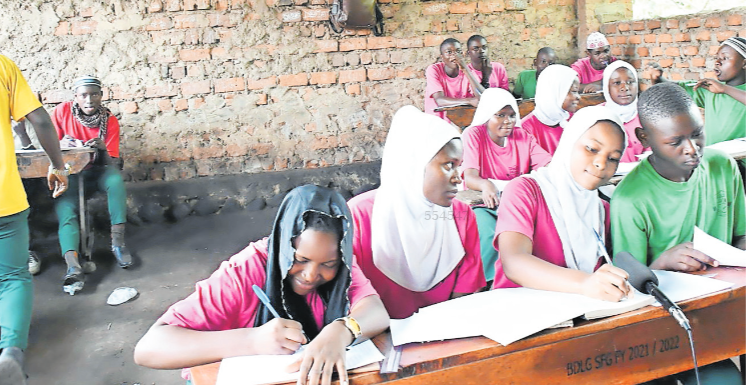Prime
BoU probed on Shs98b in closed banks assets

Bank of Uganda governor Emmanuel Tumusiime-Mutebile before COSASE November 19, 2018.PHOTO BY ALEX ESAGALA
What you need to know:
- The MPs rejected BoU’s defence, saying it was not backed by liquidation reports detailing the movement of assets of the three closed banks when it took them over in 2002.
Parliament. Bank of Uganda (BoU) top officials led by the Governor, Mr Tumusiime-Mutebile, were on Monday interrogated by the parliamentary inquiry on why the value of assets of three closed commercial banks was devalued from Shs117b to Shs19b.
Parliament’s Committee on Commissions, Statutory Authorities and State Enterprises (Cosase) is investigating BoU over alleged irregularities in the closure of seven commercial banks some of which were shut down 20 years ago.
Relying on findings and recommendations of the Auditor General’s forensic report into closure of commercial banks, the MPs discovered that the Central Bank did not carry out an assets movements schedule for three closed banks.
The audit showed that assets owned by International Credit Bank, Co-operative Bank and Greenland Bank were devalued from Shs117b when the banks were closed in the 1990s to Shs19b when BoU did a final “statement of affairs” in June 2016.
“No detailed assets movements schedule or ledgers indicating assets at closure, assets sold, selling price, period of sale, assets not sold, performing and non-performing loans was provided to support asset movements in the statement of affairs for the three closed banks,” the audit report states.
Auditor’s query
With an incomplete asset movement schedules, the Auditor General, Mr John Muwanga, wrote that auditors could not verify the decline of asset value.
Mr Tumubweine Twinemanzi, BoU’s director for commercial banks supervision, said the Central Bank has not disposed of three title deeds belonging to Co-operative Bank because it has ownership wrangles with a sitting tenant in Masindi District.
He said the three plots that were owned by the bank in Kampala have also not been disposed of because they “were just roads connecting other plots that were sub-divided from another piece of land.”
“The information shared [with auditors] indicates what the balances were at closure, recoveries made, interest accrued and outstanding balances. In our opinion, we think that is adequate information regarding movement of assets,” Mr Tumubweine said.
However, the MPs rejected BoU’s defence, saying it was not backed by liquidation reports detailing the movement of assets of the three closed banks when it took them over in 2002.
The committee chairperson, Abdu Katuntu, asked BoU why KPMG, an international audit firm, was able to conduct liquidation reports on the three banks but the reports ceased after the Central Bank took over the liquidation.
“I am sorry I do not remember receiving any reports about this matter,” Mr Mutebile said.




